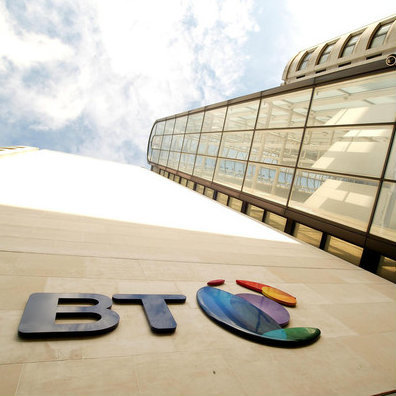The UK operator lands a small deal in China in partnership with a local firm amid a global backlash against Chinese equipment vendor Huawei.

Criminal charges against Huawei might be headlines around the world but they aren't the big story in China's telecom market this week. (See US Pursues Criminal Charges Against Huawei.)
This side of the Pacific the excitement has been the award of the first-ever national VAS (value-added services) license to a foreign telco -- the UK's BT Group plc (NYSE: BT; London: BTA).
How big a deal is it? Well, for quite a number of Chinese it's enough to spark anger at the thought of giving the game away to foreigners who are persecuting the local champion.
But rest assured BT's two new franchises won't be disrupting the $200 billion Chinese market just yet.
Specifically, the UK firm has been awarded licenses for two service categories -- IP-VPN and ISP.
It's been offering these in Shanghai for just over a year. What's new is it can now operate nationwide, contract directly with customers and bill them in local currency.
To be precise, though, BT can't do any of that itself. It must work through its local company, BT China Communications Ltd, a 50:50 joint venture with an unnamed Chinese firm.
The licence was approved 18 months after BT's application, the result of "cooperation between the governments of the PRC [People's Republic of China] and the UK," according to Bas Burger, the CEO of BT Global Services.
Want to know more about cloud services? Check out our dedicated cloud services content channel here on Light Reading.
So, to sum up, it took the collaboration of two national governments and more than a year of lobbying for BT to be able to offer basic enterprise services through a 50% partnership.
This modest milestone really highlights how closed the Chinese market remains 17 years after its admission to the WTO on the promise that it would allow foreign entrants in both infrastructure and VAS.
Basic network services are completely off-limits, while VAS is a thicket of regulations. Cloud services, big data and IoT all require a VAS licence.
Yet it is hard to miss the timing. With the trade war raging, and China furious over the treatment of Huawei, Beijing chose this moment to offer a concession to one of Huawei's key European customers.
A number of local commentators made the link. "It should be reasonable for BT to abandon its plan to ban Huawei," wrote one.
In the current febrile climate, that may be wishful thinking.
— Robert Clark, contributing editor, special to Light Reading
About the Author(s)
You May Also Like











